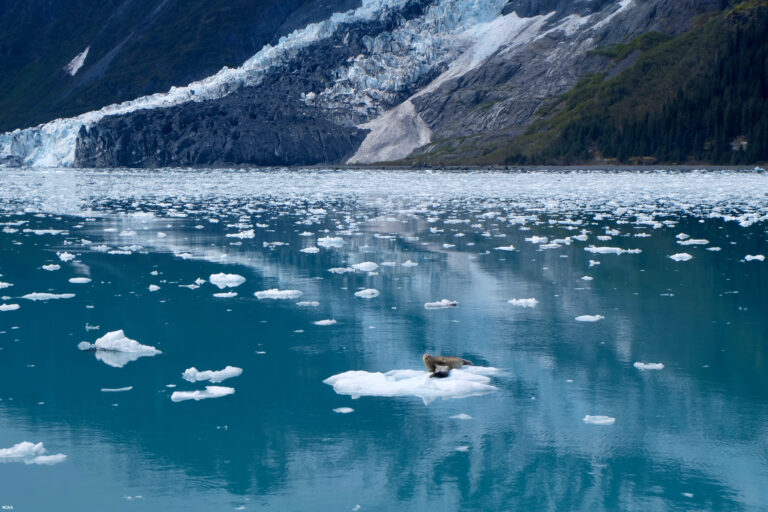The US Department of Commerce and NOAA will invest US$1m for competitive grants to help improve regional climate data and information products for the Arctic region. These grants are funded through the Inflation Reduction Act, as part of President Biden’s Investing in America agenda.
“As a nation, we face the challenges of climate change,” said Secretary of Commerce Gina Raimondo. “The Arctic region, which is warming faster than anywhere in our nation, demands immediate action. As part of President Biden’s Investing in America agenda, this funding will provide communities with data and tools to make informed decisions that can build climate resilience and strengthen our economy and national security.”
NOAA’s 18th Arctic Report Card will provide updates on key measurements of the physical and biological changes in the Arctic, which is warming nearly four times more quickly than the average for the rest of the world. The most recent National Climate Assessment also notes that Alaska is warming two to three times more quickly than the lower 48 states.
The funding provided by NOAA through the Inflation Reduction Act will support the development and co-production of new products and decision-support tools made in partnership with Alaskan communities, and will provide these communities with increased access to data and information collected by NOAA. The funding is intended to help fulfill commitments outlined in the 2022 National Strategy for the Arctic Region and its implementation plan.
“With this call for proposals, NOAA is helping to improve climate data for all Alaskans, including Indigenous and rural communities,” said Rick Spinrad, the NOAA administrator. “Providing communities with environmental information that allows them to make informed decisions in the face of a changing climate is the foundation of creating a more climate-resilient nation.”
“We want to empower local communities with better access to observed data and encourage the development of data-driven products to help them adapt and prepare for the challenges posed by a rapidly changing environment,” said Sandy Lucas, research program director (ARP) of NOAA’s Global Ocean Monitoring and Observing Program Arctic. “We are excited that our applicants will be able to submit new and innovative proposals that utilize the publicly available observational data of Alaska and the Arctic region collected by NOAA and ARP.”
For more key data updates from the meteorological technology industry, click here.



